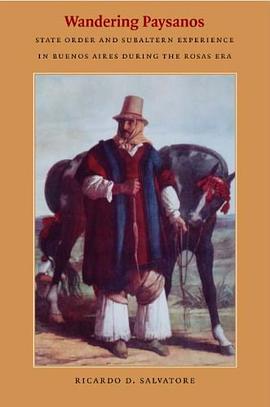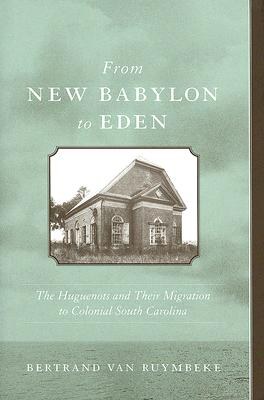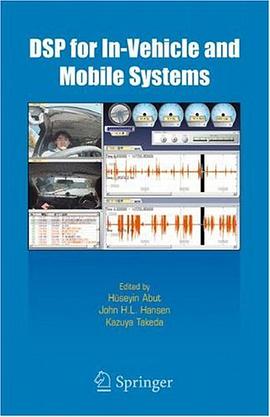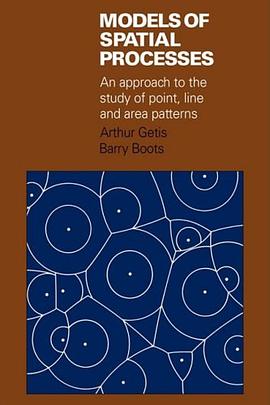

具体描述
Examining the experiences of peasants and peons, or paysanos, in the Buenos Aires province during Juan Manuel de Rosas' dictatorial regime (1829-1852), "Wandering Paysanos" recovers a multiplicity of subaltern voices that speak about issues of paramount importance for the history of post-independence Argentina: markets, legal authority, politics, and public memory. The distinguished Argentine historian Ricardo D. Salvatore situates the paysanos as mobile job-seekers within an expanding, competitive economy as he highlights the points of contention between the peasants and the state: questions of military service, crime, and punishment. He asserts that only through a reconstruction of the different subjectivities of paysanos - as workers, citizens, soldiers, and family members-can a new understanding of post-independence Argentina be achieved.Drawing extensively on judicial and military records, Salvatore reveals the state's files on individual prisoners and recruits to be surprisingly full of personal stories directly solicited from paysanos. While consistently attentive to the fragmented and mediated nature of these archival sources, he chronicles how peons and peasants spoke to power figures-judges, police officers, and military chiefs-about issues central to their lives as well as to the nation-in-formation. They told about their wanderings across the countryside in search of salaried work, their engagement with the Federalist armies, and their families. Their lamentations about unpaid labor, disrespectful government officials, the meaning of poverty, and the dignity of work provide vital insights into the formation of the Argentine nation. "Wandering Paysanos" discloses a complex world until now obscured - that of rural Argentine subalterns confronting the state.
作者简介
目录信息
读后感
评分
评分
评分
评分
用户评价
相关图书
本站所有内容均为互联网搜索引擎提供的公开搜索信息,本站不存储任何数据与内容,任何内容与数据均与本站无关,如有需要请联系相关搜索引擎包括但不限于百度,google,bing,sogou 等
© 2026 book.wenda123.org All Rights Reserved. 图书目录大全 版权所有




















